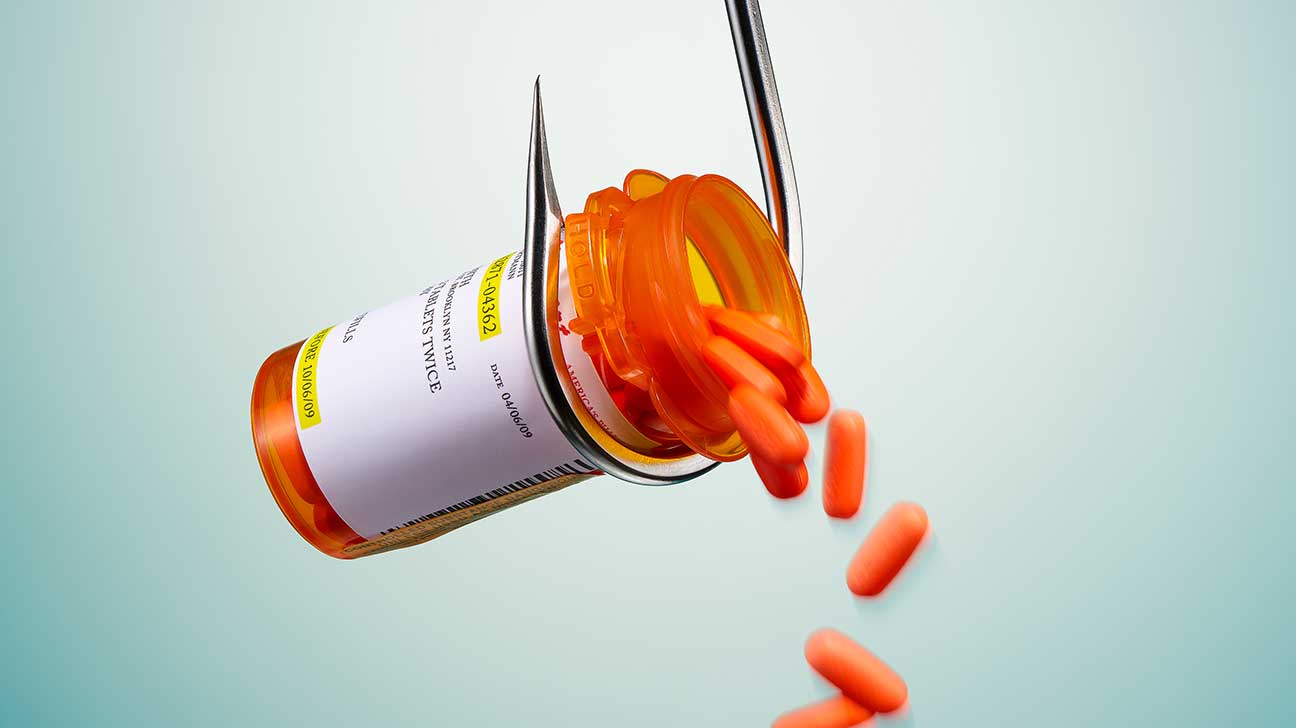When looking for a drug rehab in Massachusetts, you’ll have a few different options. Most of these facilities are inpatient, and offer comprehensive treatment. Some offer medication-assisted treatment (MAT), which helps addicts reduce their triggers and avoid relapse. Before you choose a drug rehab in MA, consider the following factors:
Outpatient treatment
Outpatient drug rehab in MA is a step-down from residential care. It provides counseling and ongoing support while the patient is living in the community. Outpatient programs may feature different treatment methods and approaches. The intensity and duration of these programs may vary, depending on the provider. Not all Massachusetts drug rehab centers offer all outpatient treatment options. Below are some advantages and disadvantages of each. The type of treatment you choose depends on your addiction and the level of care you need to recover.
Some rehab centers offer dual diagnosis treatment. Many drug addicts also suffer from some type of mental illness, so it’s important to find a treatment program that can treat both conditions. This approach will take extra time, but the outcome will be better. You should consider both the type of treatment and the facility’s success rate with other patients. In addition to success rates, you should look for a facility with security features.
Inpatient treatment
Inpatient drug rehab treatment in Massachusetts offers a highly structured process and a completely new environment to individuals suffering from addiction. Massachusetts’s BSAS lists substance abuse programs, including prevention, ambulatory and residential care, as well as aftercare support. The level of care is dependent upon the person’s history, addiction type, and needs. Some programs offer medical detox to keep the patient comfortable during withdrawal. The BSAS also details the range of available services, which vary from program to program.
Inpatient drug rehab in Massachusetts is the most effective option if the individual is struggling with an active addiction. The STEP Act was passed to address substance abuse in the state. In order to prevent drug abuse, public schools are required to verbally screen all students. Typically, a school nurse or health professional performs this screening. Treatment providers offer free services to the general public. Massachusetts also participates in the Prescription Drug Monitoring Program, which tracks all prescribed medications.
Christian drug rehab programs
There are many advantages to Christian drug rehab in Massachusetts. They emphasize the role of faith in the healing process. Additionally, a faith-based rehab treatment provides ongoing support that helps patients maintain a healthy lifestyle after treatment. The treatment programs should integrate evidence-based therapies with a Christian framework and utilize Christian values to help clients overcome addiction. The treatment also includes clinical therapy models and ongoing faith support from a staff of believers. Christian drug rehab programs are a great way to strengthen your relationship with God and receive treatment for addiction.
The efficacy of faith is defined by the behaviors that people engage in because of their faith. For example, in a Christian drug rehab in Massachusetts, patients participate in a work-study program, requiring them to work for eight hours a day. However, they are given Sundays off so that they can relax and rest. While it is true that a longer treatment period is not necessary, many clients find it difficult to quit their addiction after completing a program.
Medication-assisted treatment
Medication-assisted treatment, or MAT, is one of the most effective ways to combat addiction. This approach combines behavioral therapy with prescription drugs to reduce cravings for certain substances. Typically, medication-assisted treatment is incorporated into an opioid addiction program. Its effectiveness has been cited by the National Institute on Drug Abuse, where a recent study found that the use of prescribed medication lowered the rate of fatal overdoses by 40 percent. Today, more drug rehabs are offering this treatment option to help combat the growing opioid epidemic.
In addition to being effective in fighting addiction, medication-assisted treatment is also an important part of the recovery process. During the initial stages of recovery, many people experience intense cravings. Such cravings interfere with treatment and increase the risk of relapse. To help combat cravings, medication-assisted treatment programs often include psychotherapy. In addition to individual counseling, a client will also be exposed to 12-step programming and other forms of support.



